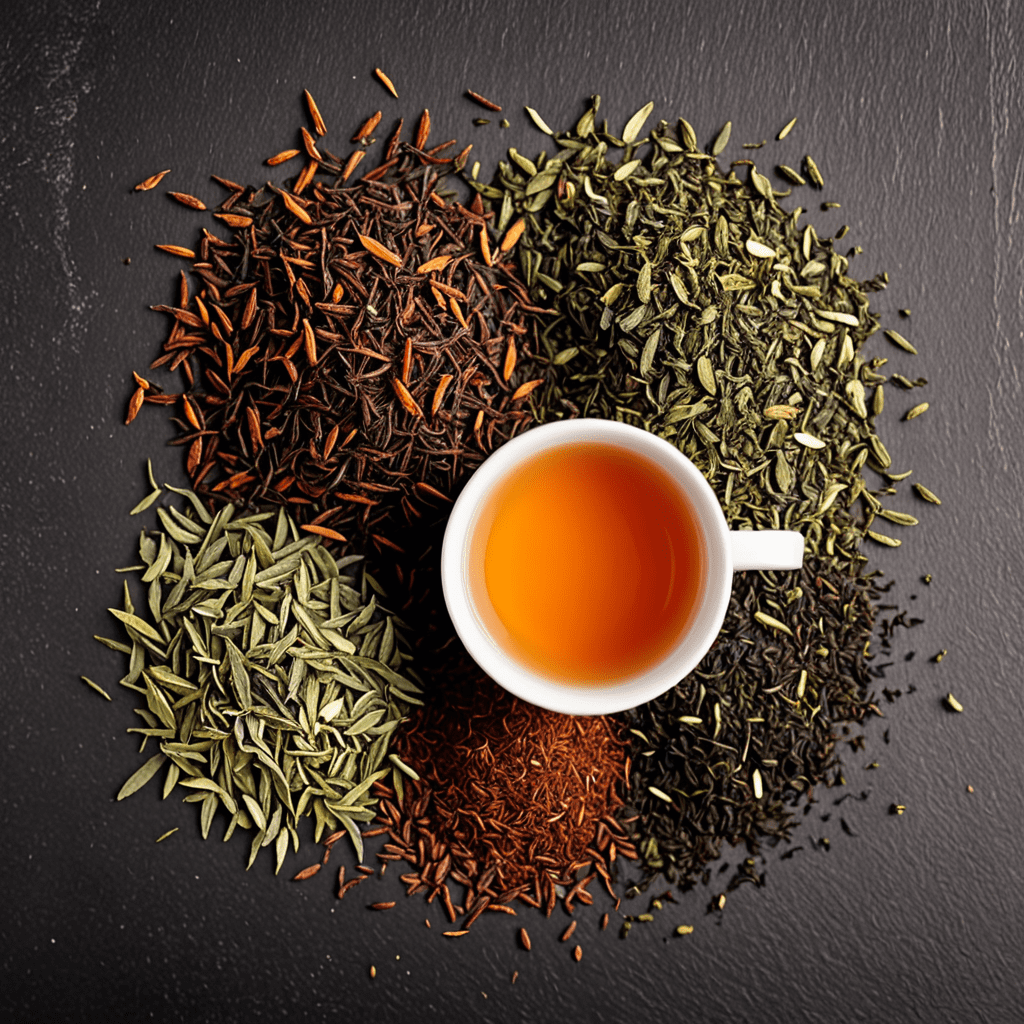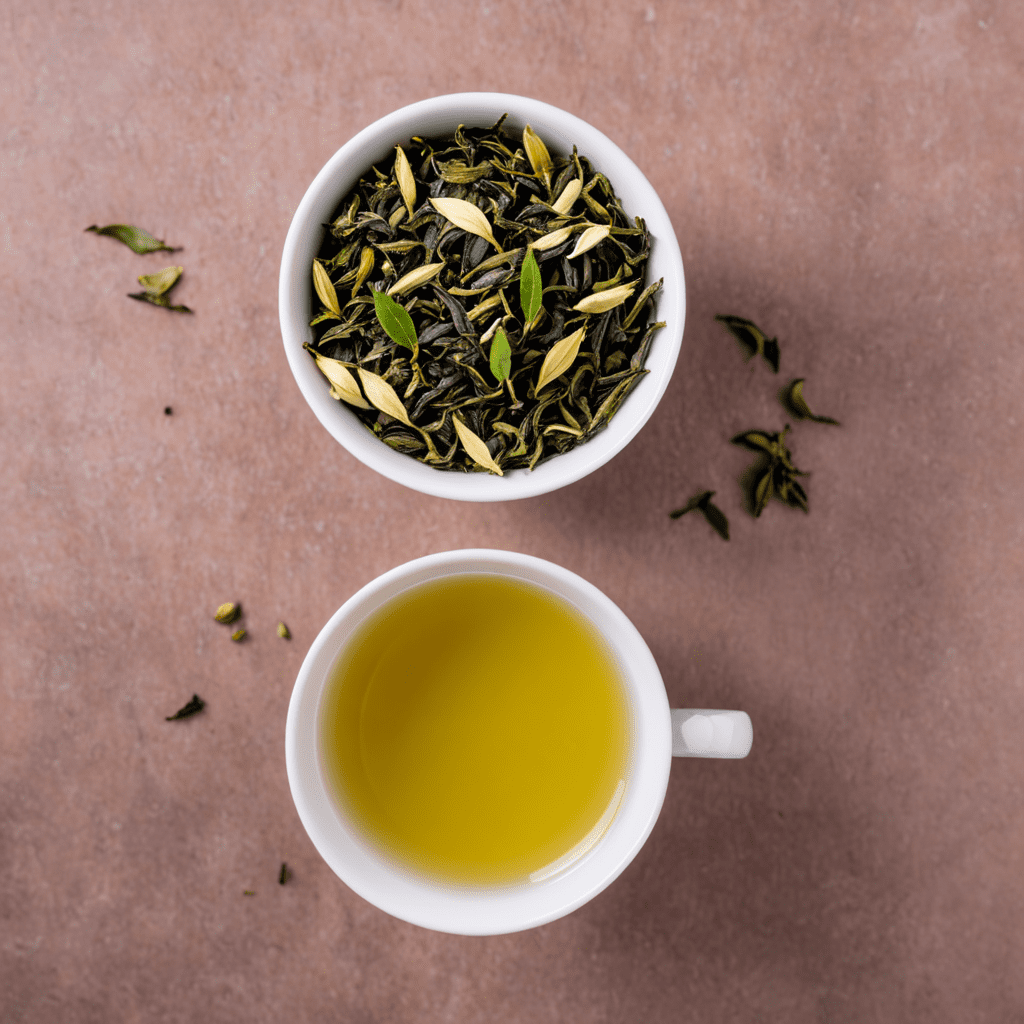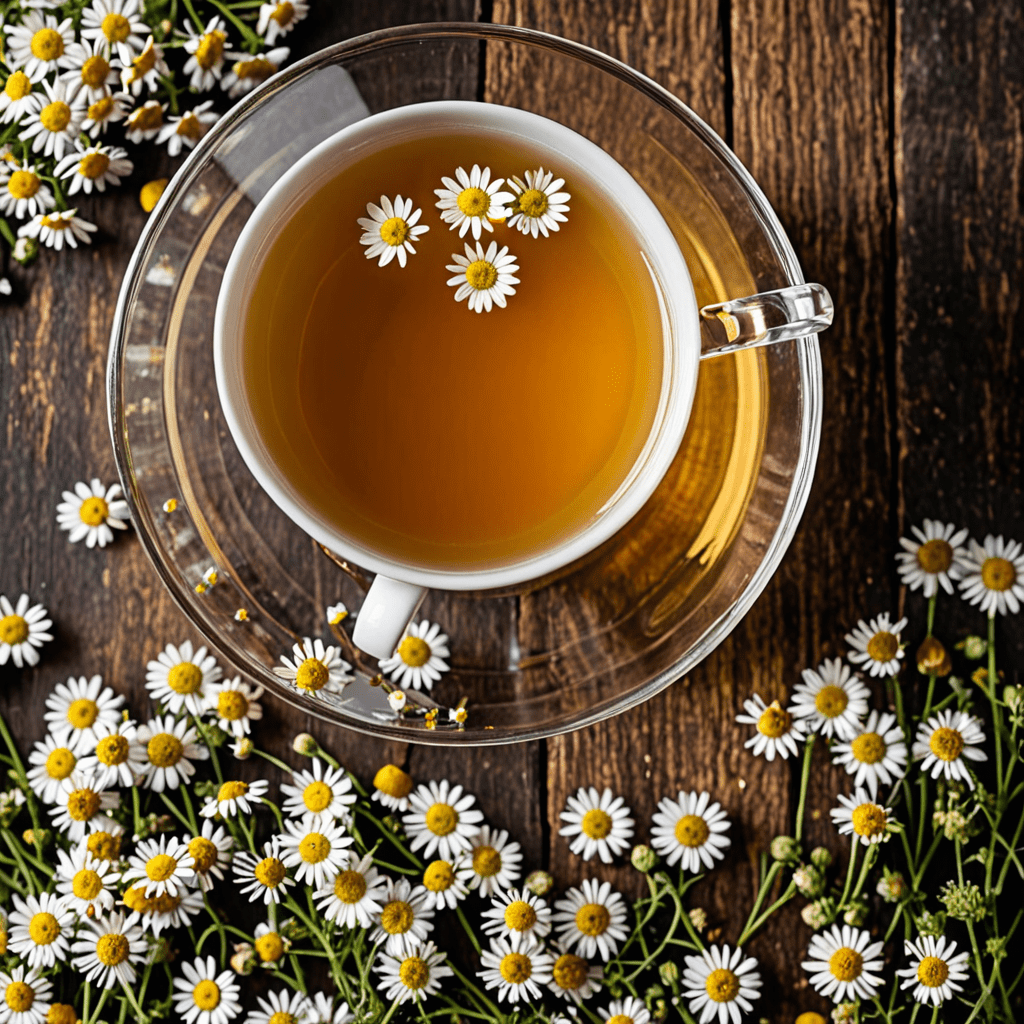
Rooibos Tea vs Green Tea: A Nutritional Comparison
Introduction
Rooibos tea and green tea are two popular beverages known for their various health benefits and distinct flavors. In this nutritional comparison, we’ll explore the differences between these two types of tea to help you make an informed choice based on your preferences and dietary needs.
Rooibos Tea
Overview of Rooibos Tea
Rooibos tea, also known as red bush tea, is a herbal tea made from the leaves of the Aspalathus linearis plant, which is native to South Africa. It is caffeine-free and boasts a rich, earthy flavor with subtle sweetness.
Nutritional Profile of Rooibos Tea
Rooibos tea is rich in antioxidants, such as aspalathin and quercetin, which help combat inflammation and oxidative stress in the body. It also contains minerals like calcium, manganese, and fluoride, contributing to overall well-being.
Health Benefits of Rooibos Tea
Regular consumption of Rooibos tea is linked to improved heart health, enhanced digestion, and better skin health. Its antioxidant properties make it a popular choice for those looking to boost their immune system and reduce the risk of chronic diseases.
Green Tea
Overview of Green Tea
Green tea is made from the leaves of the Camellia sinensis plant and is widely consumed in Asian countries like China and Japan. It contains caffeine and has a fresh, grassy flavor profile.
Nutritional Profile of Green Tea
Green tea is renowned for its high concentration of catechins, particularly epigallocatechin gallate (EGCG), a powerful antioxidant with numerous health benefits. It also provides vitamins such as vitamin C, B2, and E, along with minerals like potassium and magnesium.
Health Benefits of Green Tea
Green tea is associated with weight management, improved brain function, and reduced risk of certain types of cancer. Its catechins support metabolism, while the caffeine content offers a mild energy boost without the jittery side effects of coffee.
Nutritional Comparison
When comparing Rooibos tea and green tea, it’s important to note that both beverages provide unique nutritional benefits. While Rooibos tea is caffeine-free and rich in antioxidants and minerals, green tea offers caffeine, catechins, and vitamins crucial for overall health.
Conclusion
In conclusion, both Rooibos tea and green tea have their distinct advantages and can be enjoyed as part of a healthy diet. Whether you prefer the mellow sweetness of Rooibos tea or the invigorating kick of green tea, incorporating these beverages into your routine can contribute to your well-being. Be sure to choose based on your taste preferences and health goals for a satisfying tea-drinking experience.
FAQ: Rooibos Tea vs Green Tea
What is Rooibos Tea?
Rooibos tea, also known as red bush tea, is a herbal infusion made from the leaves of the Aspalathus linearis plant native to South Africa. It’s naturally caffeine-free and has a mild, earthy flavor.
What is Green Tea?
Green tea is a type of tea made from Camellia sinensis leaves that have not undergone the same withering and oxidation process used to make black tea. It originated in China and is known for its fresh, grassy taste.
How do the Nutritional Profiles of Rooibos Tea and Green Tea Compare?
Rooibos tea is rich in antioxidants like aspalathin and nothofagin, which may benefit heart health. It’s also mineral-rich, containing iron, calcium, potassium, magnesium, zinc, and more. Green tea, on the other hand, contains catechins like EGCG, which have potent antioxidant properties, as well as caffeine for a gentle energy boost.
Which Tea is Better for You: Rooibos or Green Tea?
Both Rooibos and Green tea offer unique health benefits due to their distinct nutritional profiles. Rooibos is caffeine-free and rich in minerals, making it a great choice for those sensitive to caffeine or looking for a

